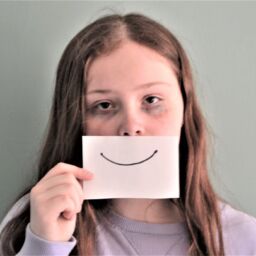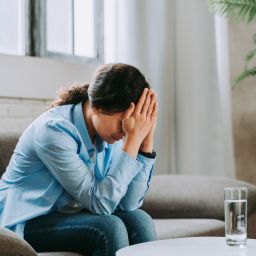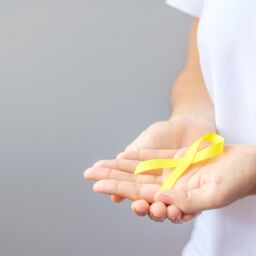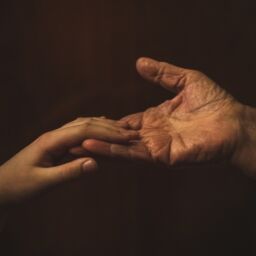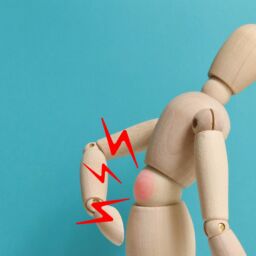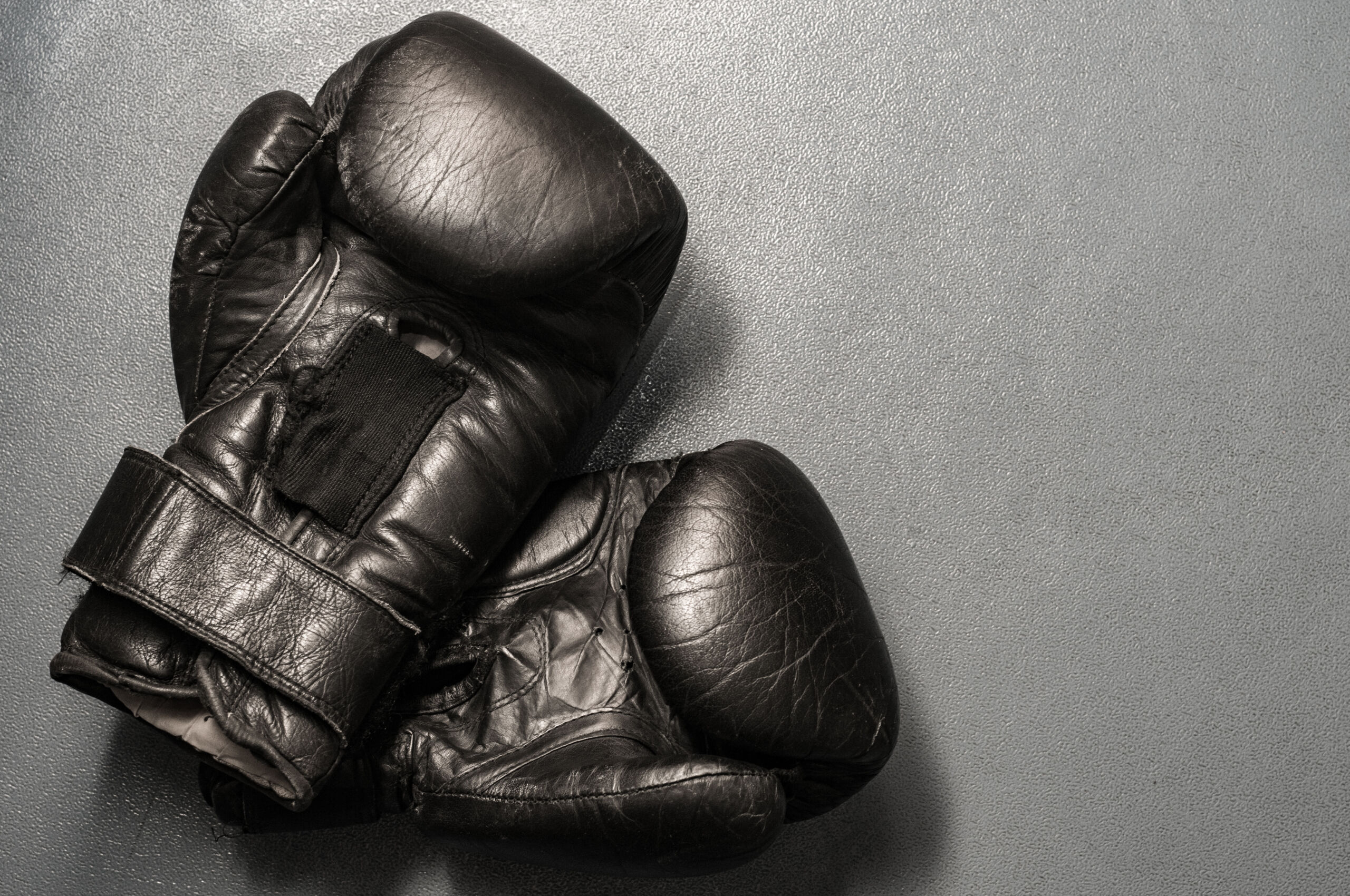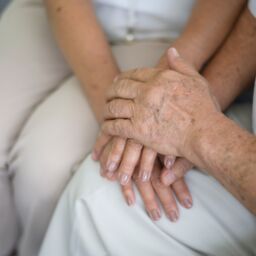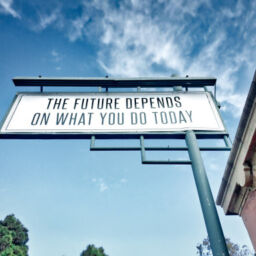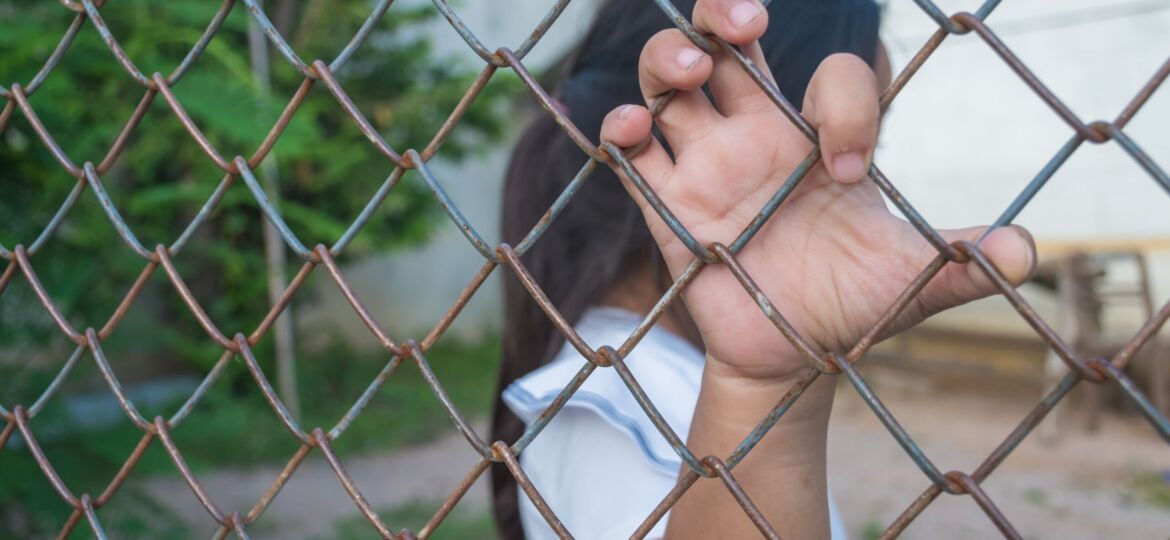
ARO focuses on ten types of abuse: Child, Financial, Narcissistic, Psychological, Sexual, Physical, Cyber, Bullying, and Spousal. Socioeconomic status can impact each of these types of abuse in different ways. In this article, we will focus on child abuse and its relation to socioeconomic status.
According to the American Psychological Association, socioeconomic status (SES) includes income, level of education acquired, financial stability, and one’s own perception of class. The American Bar Association says, “Children were considered to be in families of low socioeconomic status (low SES) if the household income was below $15,000 a year, parents’ highest education level was less than high school, or any household member participated in a poverty-related program.”
The ARO website defines child abuse and the several forms it can take. This form of abuse can manifest itself as physical, sexual, emotional, or medical abuse, and neglect. In a Purdue University study, one out of seven adults between 18 and 54 in the United States reported being sexually abused, physically abused, and/or severely neglected in childhood.
Though most research focuses on the physical abuse children go through, an article by the International Journal of Environmental Research and Public Health attributes that vulnerable youth, especially girls, are more susceptible to sexual violence in low-income families. They were also more likely to report their situation than those with perceived higher income.
The Center for Disease Control and Prevention makes several recommendations to help prevent child abuse and neglect:
· Strengthen economic support to families
· Change social norms to support parents and positive parenting
· Provide quality care and education early in life
· Enhance parenting skills to promote healthy child development
· Intervene to lessen harms and prevent future risk
ARO is here to listen to those who have dealt with or are dealing with all kinds of abuse and provide resources to get you the help you need. For more information, visit our website. Please consider donating to help us support abuse survivors.



